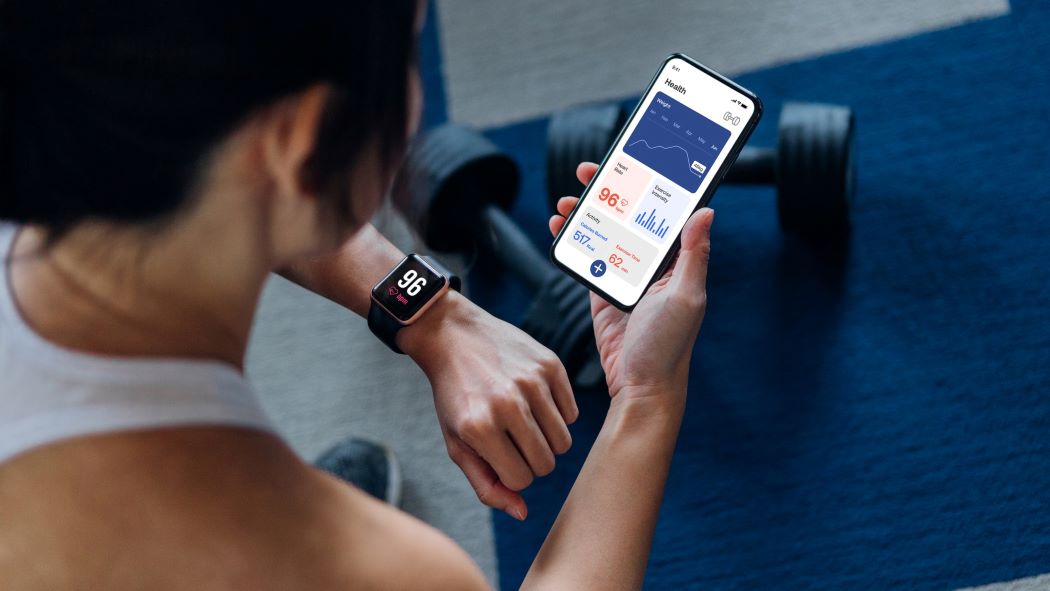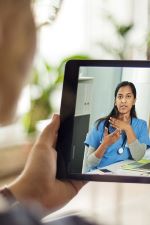We scoured the web to find 15 of the most interesting stats on how consumers engage with health care online. The stats demonstrate that digital experiences in health care can help improve patient engagement, adherence to medical treatment, and even health outcomes.

Looking into the future of health care, one thing is for certain: Digital engagement and patient experiences will continue to grow in demand.
Indeed, companies like Netflix, Amazon, and Apple are setting the bar high – making digital experience in health care table stakes for competitive differentiation.
So, how exactly are people engaging with health care online today? What can we expect moving forward? Cigna's Newsroom team scoured the web to find 15 of the most interesting stats on this topic, which collectively demonstrate that digital experiences in health care can help improve patient engagement, adherence to medical treatment, and even health outcomes.
- 60% of consumers expect their digital health care experience to mirror that of retail. (Source: Guidehouse)
- 50% of consumers say that one bad digital experience with a health care provider ruins the entire experience with that provider. (Source: Accenture)
- 57% of consumers are open to remote monitoring of ongoing health issues through at-home devices. (Source: Accenture)
- About 50% of people who use a fitness or monitoring device share data from it with their doctor. Those most likely to share that information? People in excellent health (62%) and people with difficult chronic diseases (75%). (Source: Deloitte)
- Just over 1% of medical and behavioral doctor visits were conducted virtually prior to COVID-19. Today, they make up nearly 25%, with 58% of Americans saying they are comfortable with virtual consultations replacing in-person visits, especially if virtual is more convenient (47%), decreases their costs (44%), allows for free virtual follow-ups (37%), or enables long-distance care when away from home (35%). (Source: Cigna)
- 68% of people are more likely to choose a medical provider who offers the ability to book, change, or cancel appointments online. (Source: Patient Pop)
- Daily adherence to their medications is 34% to 38% higher for patients who get smartphone notifications. (Source: Propeller Health)
- 52% of the U.S. population is concerned that the health content they read online is not credible – an opportunity for companies in the health care space to come to the forefront with timely, relevant, and personalized content and experiences. (Source: LinkedIn)
- 54% of U.S. consumers prefer targeted health care advertising because targeted messaging is more relevant and adds more value. (Source: LinkedIn)
- Nearly 90% of adults in the U.S. search for health information on Facebook, Twitter, YouTube, and other social media sites. (Source: Medical GPS)
- 42% of the patients who use social media for health information provider or practice reviews, while 32% post about health experiences and 24% view health-related media. (Source: PWC)
- 77% of people use online reviews as the first step in finding a new physician. (Source: Software Advice)
- 7% percent of Google searches are health related. (Source: Medium)
- About 52% of patients acquire their health data through the use of health care chat bots. (Source: MRFR)
-
Nearly two-thirds of consumers say they would be comfortable using emerging technologies — such as robotics, virtual reality, augmented reality and artificial intelligence — for preventive care and health monitoring. (Source: Evernorth, Cigna's health services business)

Three Ways We See Health Care Evolving in 2022
Exclusive research identifies the top three priorities for consumers and benefit decision makers.